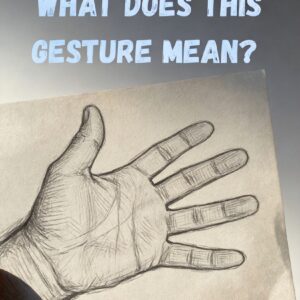The cops knocked just after dusk, radios humming in the quiet. “She’s been parked there for hours,” one said. “Says the car’s her home. Says she just wants to see you.” For a moment I was twelve again, staring out the window in the dark, waiting for a mother who never came back. She left when I was eleven—two lines on a note and a man named Victor. Dad never spoke her name with anger. He just worked harder, burned fewer pancakes, and clapped too loudly at school plays.
In the morning she sat on the hood of a faded car, thinner, older. “Mateo,” she whispered. “You look like your father.” She told me she was dying. Wanted to spend her last days “in the house I raised you in.” I almost laughed. She never paid a mortgage bill. This house was built on my father’s tired shoulders and my teenage summers hauling scrap.
I told her no. But I paid for a motel so she wouldn’t sleep in her car. She said she’d earn back my trust. I didn’t believe it. Then came the lawyer’s letter. Old debt. A forged signature from years ago. On paper, collectors could take my home. I confronted her. She cried, promised she was trying to fix it.
One morning she pressed a letter and key into my hand. A hidden safety-deposit box. Inside: $42,000 and bonds. “For you. I’m sorry.” I paid the debt. Then I rushed to tell her—but she was gone.
I buried her beside Dad. Forgiveness didn’t erase anything—but it made the weight lighter. I kept the house. I kept my father’s steadiness. And I let the rest go.


